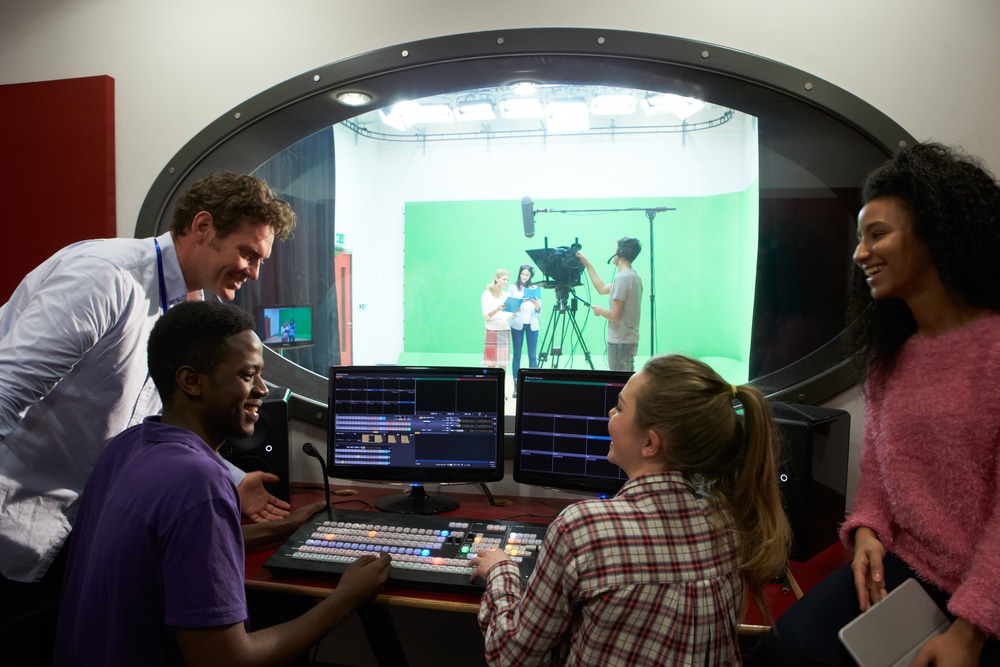Media Studies is often a popular option in the CAO system. The career path that it allows entry to is thought of as glamorous, exciting and demanding. Yep, “media” is the word on many Leaving Cert lips right now. “Media” of course encompasses many things. Journalism, film-making, web design, and printing are just some of the older and more modern careers which can be slotted under the “media” moniker. This writer followed the path now increasingly worn: I took a degree in journalism. I´d recommend it; you’re educated in a wide range of subjects as well as being taught how to report and write. And now, we’ve had a look at some of the better options for those interested in this “media” lark:
Practical Media Studies Courses
Good practical courses in media training – especially if you´re a professional looking to learn new skills in the area – are often quite expensive. There is so much training involved and so much new media which teachers have to become familiarised with. And you need professional training courses that cover the principal new media software applications. You need courses that are aimed at participants looking to update existing skills, or learn new ones. And you really need some follow-on support, perhaps on-line resources and tutorials, allowing you further training, refreshing and advice once you´ve finished the course.
Also, before you sign up to anything, consider the location of the course – perhaps you could persuade your present employer to set something up at work as many of the new media educators are geared towards this type of tutoring. Also, very importantly, you should know what type of qualifications you´re going to get when it´s all over!
There are some very fine courses on stream right now at some of the Further Education colleges around the country. Pearse College and Dun Laoghaire College of Further Education in Dublin, for instance, both run recommendable Media Studies courses, which are certified and very popular with mature students. If you decide to go with a College of Further education, you can be assured of quality teaching and a decently priced fee if, of course, you´re obliged to pay at all.
There are many part-time courses run by private training courses too! Pulse College offers night-time radio, media, filmmaking training and broadcasting courses for beginners and advanced levels. The company operate training courses right throughout the year and are have a reputation for bringing out the best in students by training in actual broadcasting surroundings.
Academic Training
While many courses are preparing you for working in the industry, if you chose an academically-focussed training course, you’ll be studying the analysis of communications. Most of these training programmes will cover a range of contemporary issues in media and communication and will teach you how to study them in depth. You will use the tools of semiotics and questions posed by philosophy to break down the subtext of certain adverts/films/images. What are your unconscious biases? How do they interfere with your reading of a text? On courses like these, you will generally learn to understand the theoretical foundations of communications, undergo research on interpersonal, mediated and mass communications in all formats. A course in this field will generally be chosen by those who want to work teaching or enter the world of research, writing or academia.
Do Your Homework
Media studies is a broad term, and it’s important as a potential student you do your research as what you’ll be learning. For example, if you do plan on training in web design or editing software, it’s important you that you know what the industry standard is – there’s no point in wasting your time and money studying software that’s obsolete. On the flipside, if you want to work in academia, make sure you have a vague idea of what your planned thesis or area you’d like to study is, and pick a course with modules taught by a specialist in that field.












Comments